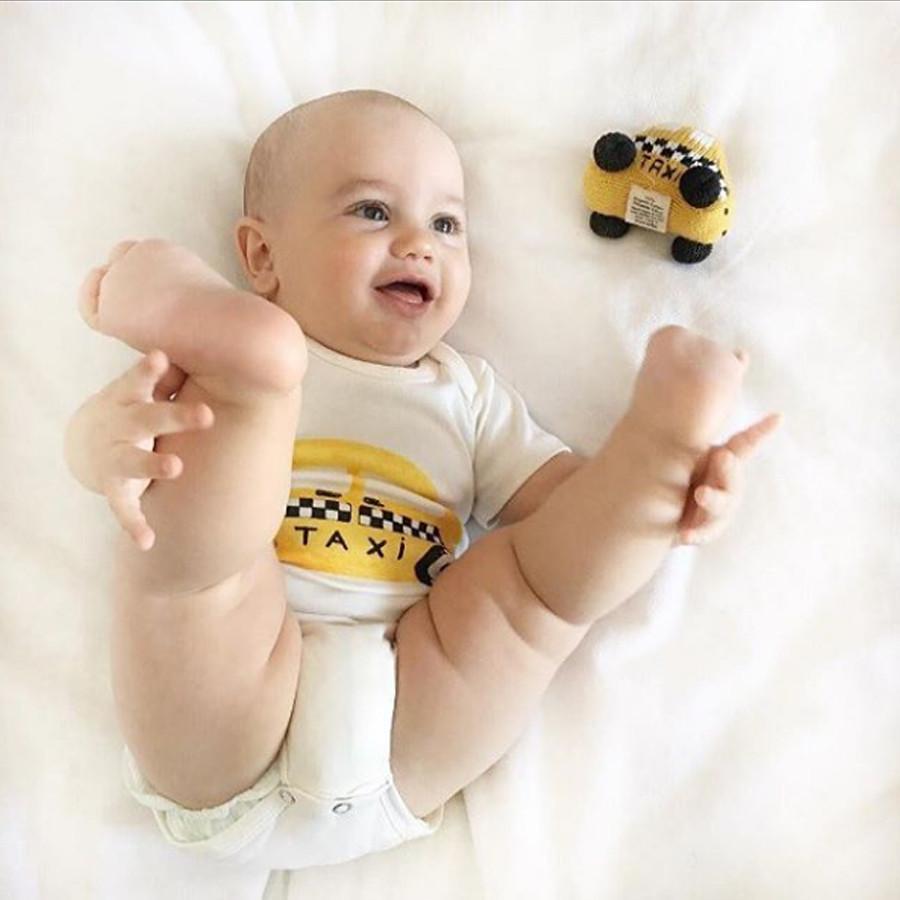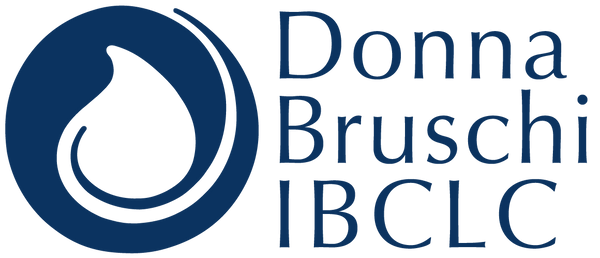1. Your body already knows what to do.
Your breasts will learn how big your baby is and how much milk they need. Your breasts can make specific antibodies for specific illnesses based on what your baby’s saliva communicates to your breasts.
Your breasts keep fresh, perfectly-designed-for-your-baby-milk ready to consume in a sanitary way, at any hour of the day or night.
If you are ever caught in one of life’s minor or major upsets, or even a disaster, your breasts are ready to feed your baby. You can be sitting on the side of the road, waiting for a tow truck, or flooded out of your home in a Red Cross shelter, and your baby will still have all the comfort, closeness, nutrition, and immune protection they need.
Making milk for your baby requires only about 300 calories a day. About as much as can be found in a glazed donut, a baked potato or a bowl of soup. In dollars and cents that’s like spending a dollar a day for milk tailored to your baby’s needs instead of $25 or more a week on artificial formula designed for generic babies. It gives you the option to bank the money, work less, or even treat yourself to something nice.
2. Your baby already knows how to breastfeed.
There is a sequence of instinctive, repetitive reflexes that every baby goes through. Once you learn about the reflexes, your baby’s seemingly random movements suddenly make sense. You can support them learning breastfeeding without getting in their way. You can build a solid foundation of healthy parenting on things you learn in your breastfeeding relationship.
You and your baby both have innate reflexes for breastfeeding. You can learn to work together and breastfeeding will become nourishing, comfortable, satisfying and truly enjoyable.
3. Your health care provider may not be the best person to give you advice.
All major medical organizations have policy statements stating that babies should be exclusively breastfed until they are 6 months old, unless there is a good reason not to.
In spite of this, you will find health care providers (HCPs), who believe that many mothers can’t make enough milk, and that formula in a bottle is just as good as breastfeeding.
In addition most physicians, including pediatricians, receive very little education in breastfeeding and no supervised practical training when they go to med school. Pharmaceutical companies know this and provide infant feeding education through samples of formula, gifts, golf vacations and expensive lunches. Similac has even put their formula sales pitch onto an iPad that they give to doctors, so they have a script to follow.
Another challenge you will face is that many people, including pediatricians, lactation consultants and maternity nurses, believe they know about breastfeeding and will give you outdated or wrong information. They may share information that creates problems for both of you.
If you have an HCP who understands and supports you in breastfeeding, that is wonderful! If your HCP is able to answer all your questions about breastfeeding, then you have found a real treasure. Appreciate them!
But if you can’t find that perfect practitioner, then this website is designed to help you and your baby, when you need it most.


